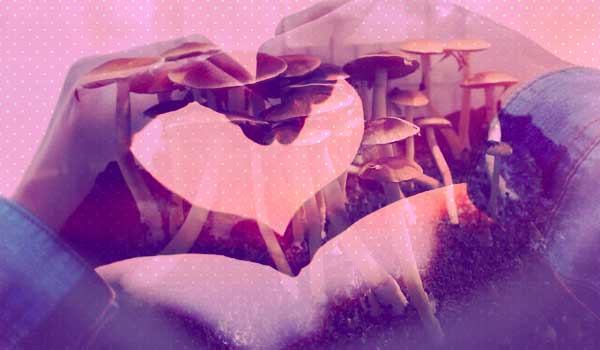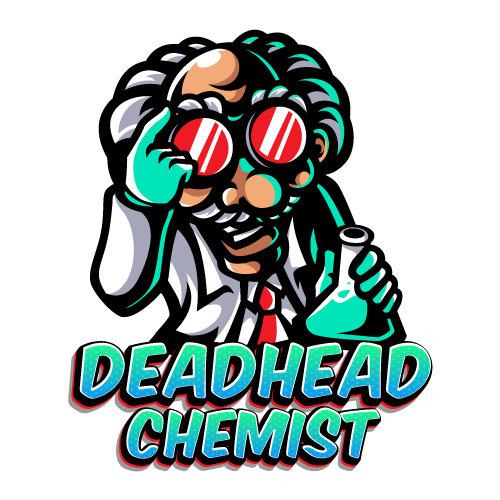
Introduction
Traditional psychedelics such as psilocybin, as well as other 5-hydroxytryptamine2A agonist classic psychedelics, have been used in ceremonial contexts in indigenous societies for a long time. In the mid-20th century, they were extensively studied in psychiatry as experimental drugs and tools for comprehending brain function. However, these scientific investigations lost popularity because, by the late 1960s and early 1970s, traditional psychedelics were being used for purposes other than medical research and in connection with the emerging counterculture.
An Overview of Psychedelic Research
Psilocybin, a traditional hallucinogen that has drawn a lot of interest lately, is the subject of the current study. A single acute therapy with psilocybin may alleviate emotions of worry and despair in the context of psychological discomfort brought on by cancer, according to a number of encouraging studies that support earlier research and show effects that continue for at least six months.
Traditional psychedelic drugs like psilocybin, mescaline, and dimethyltryptamine have been used in sacred ceremonies by indigenous societies for generations. Although Arthur Heffter first isolated mescaline, the main psychoactive substance of the peyote cactus, in 1897, it wasn’t until the 1943 discovery of the psychoactivity of lysergic acid diethylamide (LSD) that these compounds started to gain serious attention from the scientific community.
From 1950 to the mid-1960s, traditional psychedelics were the subject of more than 1,000 clinical articles involving over 40,000 patients. During this time, preliminary evidence suggested that when used in psychotherapy, traditional psychedelics had particular potential for two disorders: addiction and end-of-life psychological distress related to cancer. Although some of the initial findings were promising, most studies lacked strong designs by modern standards.
The Promising Therapeutic Benefits of Psilocybin
Cancer-Related Mental Distress
In a recent study, the possibility of treating cancer patients’ anxiety and sadness with larger doses of psilocybin was investigated. 51 patients with a DSM-IV mood or anxiety-related condition and a life-threatening cancer diagnosis participated in the trial.
According to the study, patients who received a high dose of psilocybin at the 5-week point had clinical outcomes that were noticeably better than those who had a very low dose. Also, throughout the 6-month follow-up period, the Hamilton Anxiety Rating Scale, the STAI, the Hamilton Depression Rating Scale, and the BDI all revealed significant and enduring declines.
Treatment-Resistant Depression (TRD)
Depressive symptoms, as measured by the Quick Inventory of Depressive Symptoms, the BDI, and other measures, significantly decreased after one week and three months post-treatment compared to baseline scores. Similar findings were observed for anxiety symptoms as measured by STAI.
All participants showed a decrease in depression severity one week post-treatment, and most of these reductions persisted for three months. According to the BDI’s standard criteria for assessing remission, eight out of twelve patients achieved complete remission, while five out of twelve were still in remission at the last three-month follow-up.
Obsessive-Compulsive Disorder (OCD)
A small-scale pilot study investigated the impact of oral psilocybin on nine individuals with obsessive-compulsive disorder. Doses ranging from 0.025 to 0.3 mg/kg were administered, with a one-week interval between each session. Every participant experienced significant symptom reduction during at least one session, as measured by the Yale-Brown Obsessive Compulsive Scale.
One participant exhibited lasting improvements at the 6-month follow-up. It is worth noting that symptom reduction was observed at all dose levels, including the very low dose intended to have minimal effect, although these results suggest the effectiveness of psilocybin.
Cluster Headaches
According to a case series of 53 self-medicating individuals, psilocybin-containing mushrooms and LSD may have potential in terminating or preventing the regular occurrence of cluster headaches. This is significant because there are only a few licensed medications that are effective in treating the condition, and the pain can often be severe and debilitating.
If supported by rigorous clinical trials, this therapeutic use of psilocybin would differ from other traditional psychedelic medicines because positive therapeutic outcomes do not appear to rely on subjective experiences following psilocybin administration.
Overview
If larger clinical trials continue to confirm the long-lasting therapeutic effects and low adverse effects of psilocybin, it may become a regulated medicine in the United States and other countries. However, to minimize risks and maximize effectiveness, regulations for clinical use should closely resemble the screening, preparation, monitoring, and follow-up methods utilized in research studies.
In conclusion, deadhead chemist is glad to have you, and we welcome you to Canada’s best shrooms online dispensary for psychedelic lovers. To buy shrooms in Canada, use our promocode, WELCOME25, and enjoy a 25% discount on every magic mushroom you buy from us. DMT at our company is created with premium quality that will offer you an unmatched psychedelic experience. Buy shrooms online at our dispensary and you will never regret what you did. To buy shrooms in Canada, deadhead magic mushroom is your number one-stop shop for thrilling magic mushrooms.

